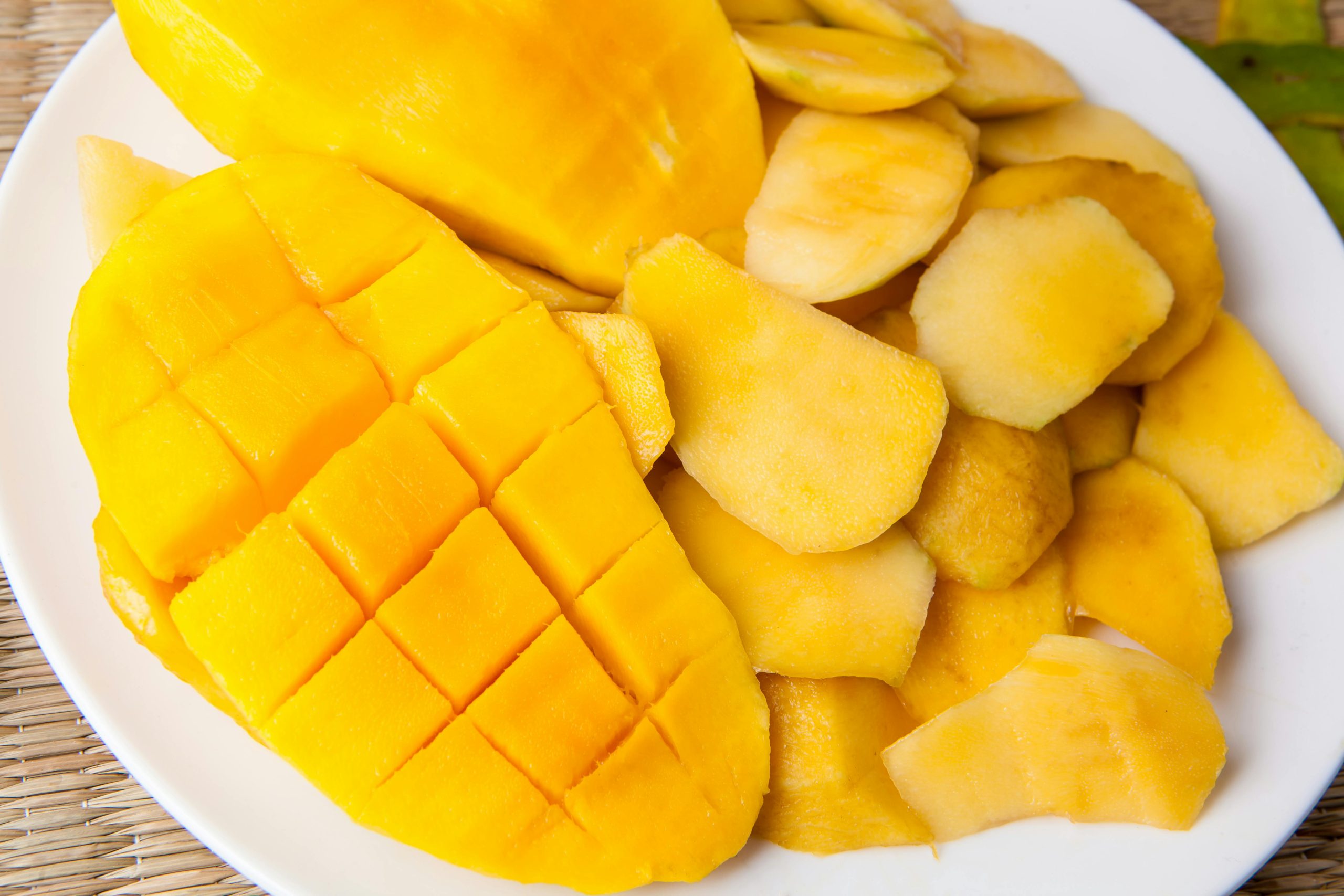Nutrition experts say mangoes should be consumed in moderation and in combination with fiber and healthy fats to prevent blood sugar spikes.
Love mangoes, but not sure how many you can safely eat to avoid weight gain and blood sugar spikes? If you start and end your day by incorporating the ripe fruit into every snack, take note. Nutrition experts say mangoes should be consumed in moderation and in combination with fiber and healthy fats to prevent blood sugar spikes. Mangoes are rich in antioxidants, vitamins, minerals and fiber, but excessive consumption can cause problems and hinder weight loss.
However, consuming mangoes in moderation can improve digestion, mental health, heart health and immunity. Vitamin C and carotids in mangoes help protect your skin from sun damage. Vitamin A in mangoes is important for maintaining eye health and preventing age-related vision problems such as macular degeneration. Mangoes are a good source of potassium, which helps regulate blood pressure and reduce the risk of heart disease. Mangoes also contain tryptophan, a type of amino acid that improves mood.
How many mangoes can you safely eat a day?
Nutritionist Juhi Kapoor, in a recent Instagram post, reveals how many mangoes you should eat a day.
“To enjoy the benefits of mango while controlling your portion size, I recommend keeping it moderate, like half a large mango or about 150 grams. This serving contains about 125–150 calories, so you can enjoy the delicious fruit while still maintaining a balanced calorie intake,” says Kapoor.
Watch out for the size of the mango
Nutritionists say you need to consider the size of a mango before eating it. She gives the example of a large mango, which contains 250–300 grams of calories. “Imagine a large mango, which typically weighs around 300–350 grams. A mango of this size contains 250-300 calories or more. To put this in perspective, a 300-calorie mango is a significant portion of the recommended daily calorie intake for many people. If an average adult needs around 2,000 calories a day, one large mango will meet around 15% of your total daily calorie needs,” adds Kapoor.
Pair mango with healthy fats
Nutritionist Robneet Batra recommends consuming half a serving of fruit a day to avoid a sugar spike, but also suggests adding healthy fats. “A medium-sized mango contains around 50 grams of carbohydrates, so it is absolutely fine to eat half to one fruit a day. But the most important thing is also how you combine this carbohydrate-rich fruit. So, it is a good idea to ensure that you are getting some fiber and healthy fats. So, before eating the mango, you can have a cup of lemon water with soaked chia seeds and soaked almonds and walnuts. This will reduce the rise in blood sugar levels after eating the fruit,” she says. When to consume mangoes
Batra says timing is very important when it comes to consuming mangoes, and it is always better to eat the fruit before physical activity.
“Make sure you eat it before your activity and after to get some fiber and fat in. Also, make sure you eat the mango whole and not as juice,” says Batra.
